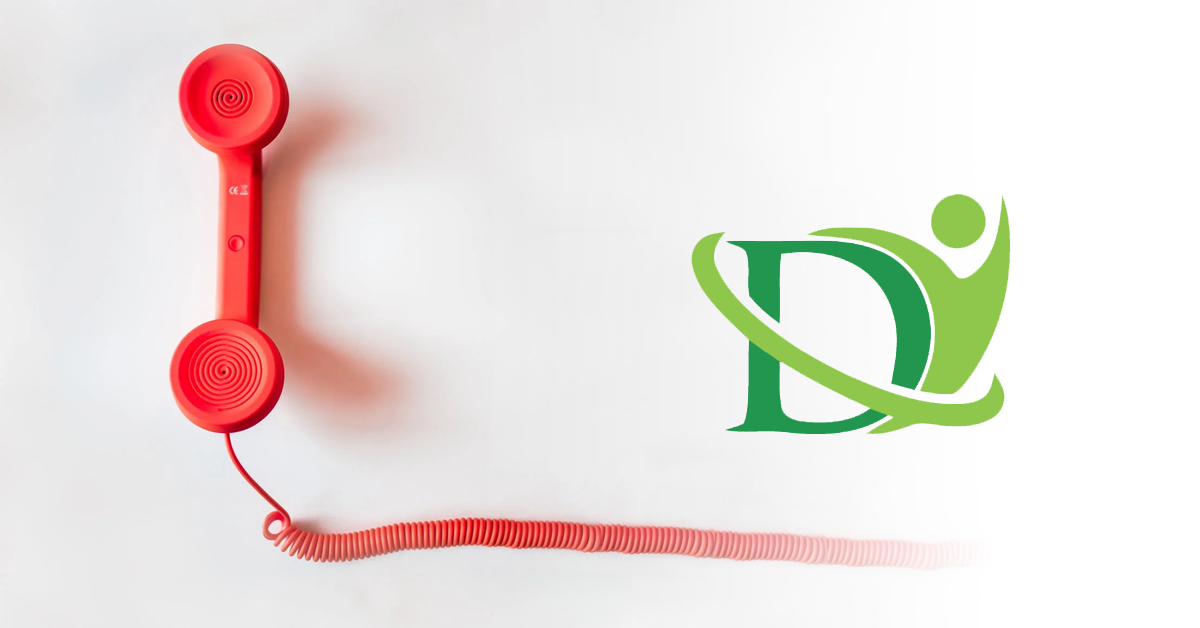
Top 5 Causes of Debt In Canada – What To Know
August 28, 2020
Our Guide To Personal Bankruptcy In Canada
September 12, 2020Feeling overwhelmed by debt is a common problem among many individuals. Financial strain can cause stress on one’s mental and physical help. Seeking advice from friends or family can be difficult, as many perceive such discussions as taboo. However, receiving numerous demand letters from a debt collector can make any Canadian feel helpless, especially when they aren’t able to pay.
Understanding the way debt collectors work and their rights to collect a debt can help, as it allows individuals to explore their options on paying off debts. Here is a quick rundown on how they operate and how Canadians can deal with them:
Debt Collector Rights
Debt collectors or lenders are entitled to specific rights or options to collect payment. They have the right to sue the debtor, seize the security, or do both depending on the type of debt owed. There are different types of contracts and rights bestowed to creditors and lenders, although this varies per province.
Secured Credit Contracts
This is a loan that links to collateral or a co-signer, like a car loan. In this contract, the lender can seize the security, sue the individual, or do both. The lender can also repossess the car in this case, recoup costs by selling it, then sell the debtor for the remaining balance.
Unsecured Credit Contract
This is the most common type of contract in which no goods are promised. There is also no co-signer to the agreement. Typical examples of this type of arrangement are utilities, credit cards, student loans, and bank loans.
In this type of contract, the lender can halt the service and start collecting or suing the individual for debt. It can also cut off an individual’s access to their cell phone and send the account to a collection agency. After this, they have the option to sue the debtor for the remaining balance.
Conditional Sales Contract
This contract involves a lender owning the item or goods until the individual pays the debt. An example of this would be rent-to-own property or even furniture. In this case, the lender can seize the goods, sue the individual, but they cannot do both. The lender must choose between capturing the furniture, eliminating debt, or allowing the debtor to keep the furniture but sue them for the remaining balance.
Collecting Debt in Canada
Each province in Canada has a statute of limitations on how long a collection agency can collect on a debt. However, if the limitation period has passed, creditors can still call to collect. It only means that they can no longer sue the lender.
If a debtor makes a payment or acknowledges the debt, this will effectively extend the statute of limitations. If a debt is left off the credit report, this does not make it uncollectable; the creditor can resubmit the debt to Transunion or Equifax. It’s important to note that some debt, like taxes, are not covered by the statute of limitations.
Debt Collection Action and Credit Score
If a creditor pursues legal action against a debtor, this can significantly impact the debtor’s credit score. It can also affect their ability to qualify for better payment terms and interest rates. Such actions remain on credit reports for about six years since they are entirely paid.
Options in Dealing With Debt Collectors
If a Canadian starts to receive demand letters from a debtor and they are unable to pay at the moment, one of their options is to wait. This is one of the better things to do, especially if they do not possess any assets. However, this comes with considerable risks: the creditor may seize the security, send the debtor’s account to collection agencies, and other actions mentioned in this article.
At DebtHelpers.ca, our team puts a stop to collection calls and demand letters on your behalf. You can live stress free knowing that you won’t be receiving intimidating calls from creditors ever again, all while your debt is being managed.
Conclusion
Although debt collectors may bring fear and worry to Canadians, there are many ways to deal with them to arrive at the best situation possible. By being aware of all possible options, individuals can protect themselves from legal action while paying what is due to their lenders.
Looking for personal debt relief? Let the team at DebtHelpers.ca help. Become debt free with customized debt solutions for all Canadians. Contact Debt Helpers today.

